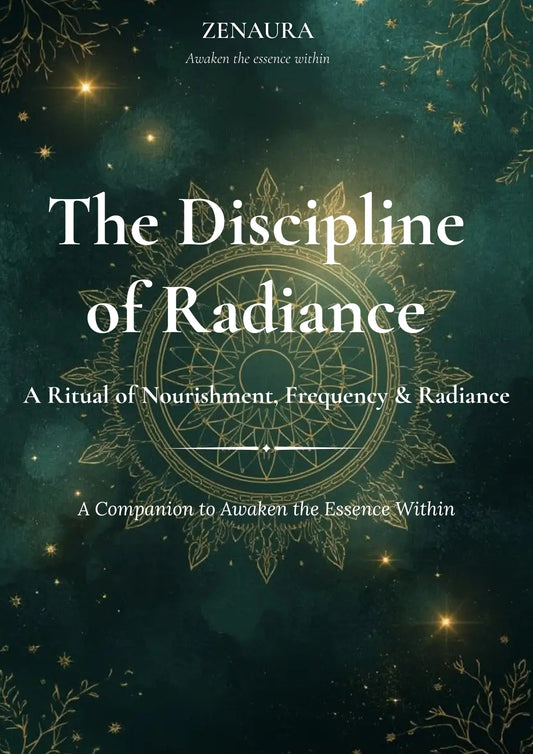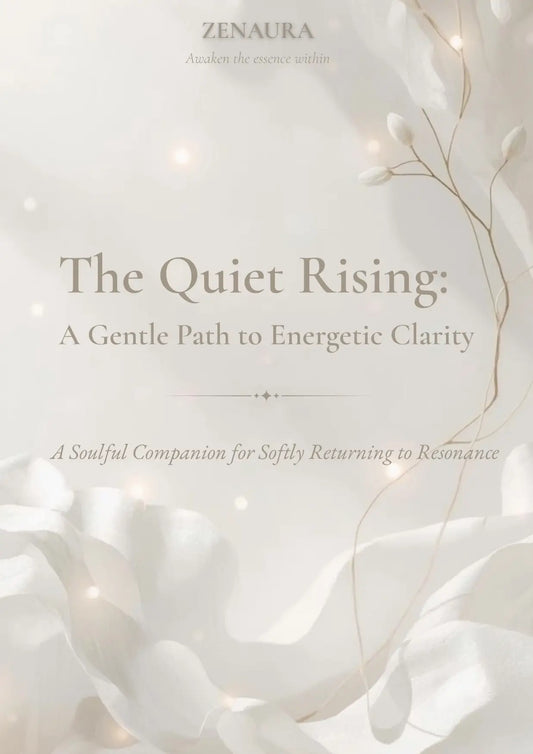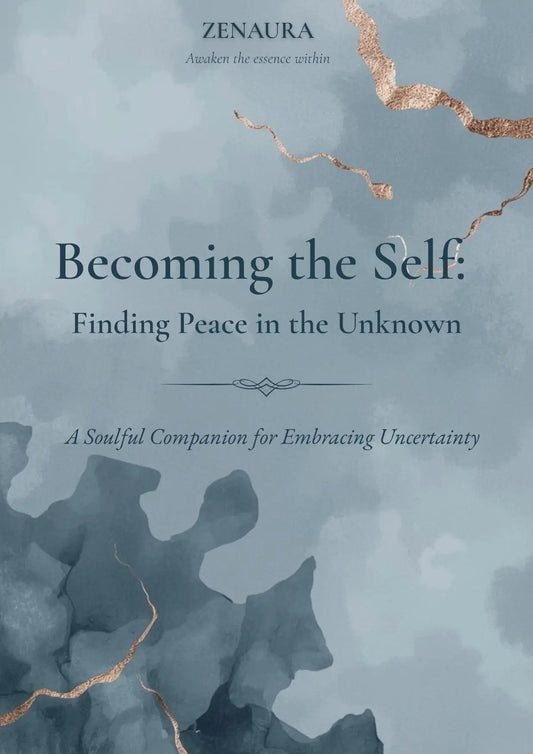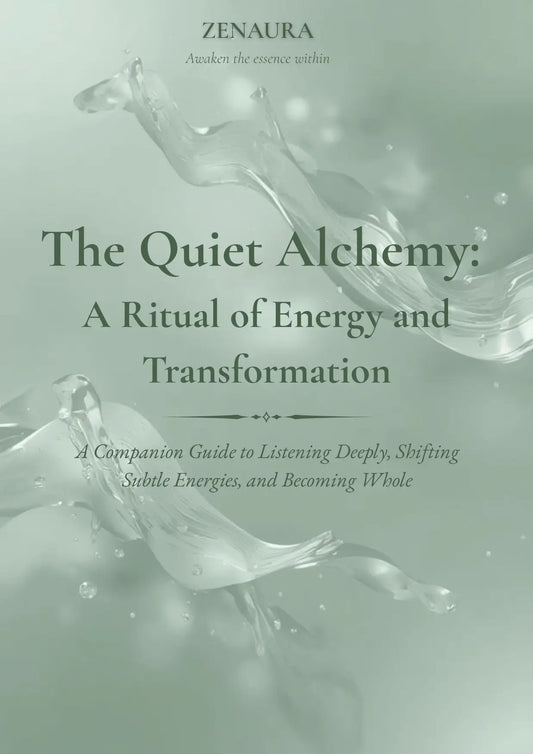
State of Mind Creates State of Life: How the Level of Consciousness Shapes Reality
Two people wake to the same morning sun. One feels lightness, possibility, a quiet thrill at the day ahead. The other feels burden, dread, and the weight of yet another routine to endure. It isn’t the sun itself, nor the events that follow. It’s the lens through which each moment is experienced. Consciousness quietly shapes perception, colours emotion, and frames every encounter. Life, in its texture, depth, and satisfaction, is born here—in the mind meeting each moment.
Even the smallest shift in awareness transforms the ordinary. A conversation hums with new resonance. A walk through a quiet street can feel like discovery. Life is not just what happens; it is how it is lived and felt. Moving through the levels of consciousness—from survival, through egoic striving, to reflection, and finally integration—reveals how state of mind quietly but profoundly shapes reality.
Reactive Survival: Life in the Grip of Pressure
Reactive survival is the world of immediacy, of urgency, where consciousness narrows to a tunnel of threat, scarcity, or obligation. In this state, a late bus feels like calamity, a forgotten errand feels monumental, and even a harsh word reverberates far beyond its intent. The mind is a battlefield, a place where stress, irritation, and tension seep into the ordinary. Pleasures flicker briefly and vanish beneath the next wave of demands.
In reactive survival, the world feels hostile, pressing, relentless. Relationships carry friction. Words are misread as attacks or judgment, not because they are, but because the mind is alert, protective, tuned to danger. Challenges loom like walls rather than openings. Even mundane choices feel urgent, heavy, and draining.
Life here is compressed, constricted. Perception is filtered through instinct and fear. Ordinary moments—walking to work, cooking a meal, replying to messages—are heavy with imagined missteps, potential failures, and unspoken pressures. The mind interprets the world as uncompromising. It is as if life itself conspires against ease.
Yet in this constricted state lies the faintest seed of possibility. The mere recognition that one is reacting, that anger or fear is habitual, creates a crack in the tension. Awareness can be as quiet as noticing the breath for a single moment. These small recognitions ripple outward, subtly transforming perception. Reality under reactive survival is heavy, narrow, and fragmented—but alive, tangible, waiting to be met with consciousness.
Here, beauty can feel irrelevant, yet it still exists. Ordinary moments carry an edge, and life, though burdened, pulses with raw immediacy. It is the ground from which higher levels of consciousness will grow.
Egoic Mind: The Pull of Recognition
As consciousness rises, the mind shifts from mere survival to the theatre of recognition. Ego emerges as a lens, shaping how life is experienced. In this world, a compliment sparkles, a critique stings, and pride rises and falls with achievement. Satisfaction depends on validation, status, and approval.
Life is measured. A quiet evening is incomplete unless it confirms worth. Relationships carry subtle contracts—attention earned, respect negotiated, approval sought. Joy exists but only as reflection, dependent on what others see or affirm. Ordinary encounters are mirrors: “Does this reflect my value? Does this confirm my place?”
The world feels alive, exciting, sometimes intoxicating—but it is unstable. Pleasure and beauty exist, but only when they serve the ego’s narrative. Life is vivid, yet precarious. Even love and friendship can feel transactional, filtered through desire and expectation: “What does this give me? What does this mean for how I am seen?”
Egoic awareness is also the first doorway to self-reflection. The mind notices the fragility of pleasure, the unreliability of validation. For brief moments, the ego can glimpse its own patterns, question its own assumptions. These glimpses are subtle but important—they hint at the possibility that fulfilment might lie not outside, but in the very way the mind perceives itself and the world.
Life through the egoic lens is a play of light and shadow. Success dazzles; failure bruises. Ordinary moments are measured and weighed. The lens sharpens perception, but it also distorts. Reality is shaped by comparison, and happiness depends not on life itself, but on the mirrors we hold up to ourselves.
Reflective Mind: Observing the Self
With reflective awareness, the mind steps back. Life is no longer a series of compulsive reactions—it becomes a field of observation. Thoughts, emotions, and habitual patterns emerge into consciousness. Emotional turbulence softens; challenges are met with curiosity rather than instinctive defense. A quiet clarity begins to permeate everyday experience.
Ordinary moments deepen. A conversation, a meal, a walk in nature, a fleeting glance out the window carries subtle significance. The mind observes itself observing. The world becomes a mirror of consciousness, not a source of judgment. Emotional triggers illuminate patterns rather than dictate action, revealing attachment, habit, and impermanence.
Reality here feels coherent. Cause and effect, habit and reaction, desire and perception—these become visible without judgment. Life flows with greater consistency. Satisfaction arises not from external validation, but from clarity itself. Insight emerges naturally from presence. Even difficulties—loss, conflict, challenges—carry meaning rather than simply threat.
Life at this stage feels internally harmonious, rich, and connected, even when the outer world is ordinary or challenging. Ordinary moments are no longer “just ordinary”; they reflect the mind inhabiting them fully. The texture of existence changes subtly, profoundly. Moments carry depth because the mind is fully present, observing rather than reacting.
This stage is a quiet revolution. Challenges become teachers; ordinary experiences become mirrors revealing the inner landscape. Reality is shaped by observation, and life hums with layers, texture, and resonance.
Integrated / Transcendent Mind: Beyond the Self
At the highest levels, boundaries soften. Life is experienced as continuous, luminous, interconnected. Joy, calm, and insight arise spontaneously, independent of circumstance. Even the mundane—rainfall, a passing smile, leaves brushing the sidewalk—resonates with meaning.
All aspects of the mind are integrated. Fears, desires, impulses, and patterns coexist without conflict. Action flows naturally from inner truth, not compulsion. Relationships deepen organically. Connection and meaning arise without calculation. Ordinary experiences are suffused with subtle significance.
Reality expands. Life becomes coherent, harmonious, and flowing. Challenges are met with presence, not resistance. Each moment hums with insight, beauty, and meaning. Consciousness shapes experience so fully that the ordinary feels extraordinary. Presence, clarity, and understanding are not goals—they are the texture of life itself.
Here, the world and mind are inseparable. Reality is not merely experienced; it is participated in. The mind is both lens and medium. Each moment flows effortlessly, like a river carrying sunlight on its surface. Life is luminous, effortless, and alive with consciousness.
| After exploring the state of your mind, are you ready to journey inward? Your Sacred Soul Map reveals the light and shadow within, guiding you toward clarity, alignment, and inner harmony. |
The Alchemy of Consciousness
Journeying through reactive survival, egoic striving, reflective observation, and integrated awareness reveals a simple, profound truth: the state of mind shapes the state of life. Consciousness is active. It is lens, medium, and sculptor.
Every increment of awareness alters the texture of experience. Patterns loosen, energy flows, and ordinary moments carry meaning. Fulfilment, serenity, and connection are not distant goals—they are natural byproducts of awareness. Life is not dictated solely by events, circumstance, or people—it is inhabited fully, moment by moment, through the lens of consciousness.
Even the smallest gestures—a quiet cup of tea, a walk, a glance exchanged—can shimmer with depth, insight, and connection. Life is not merely endured; it is lived. The alchemy of consciousness teaches that happiness is not outside. It is not in circumstance or achievement. It is in the awareness that meets each moment, in the mind perceiving life with clarity, depth, and subtlety.
Life becomes luminous, coherent, and profoundly satisfying. Each day, under the same sun, can feel light, vibrant, and full—not because anything outside has changed, but because the lens of consciousness has.






